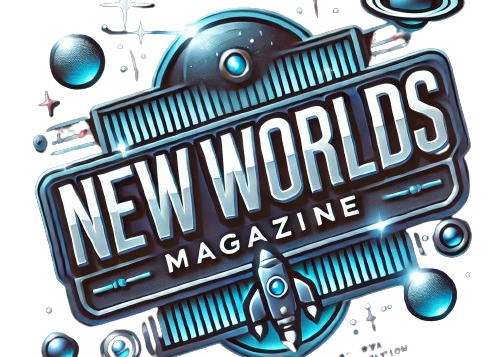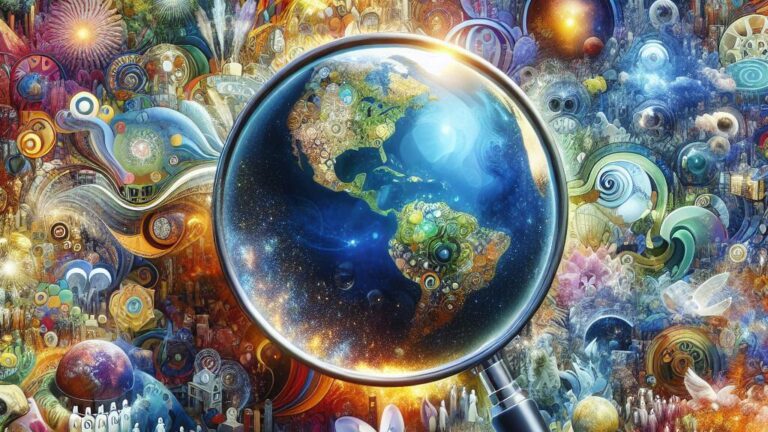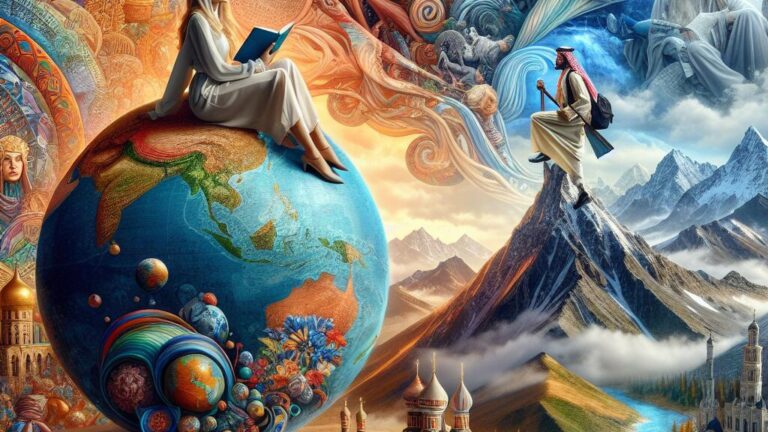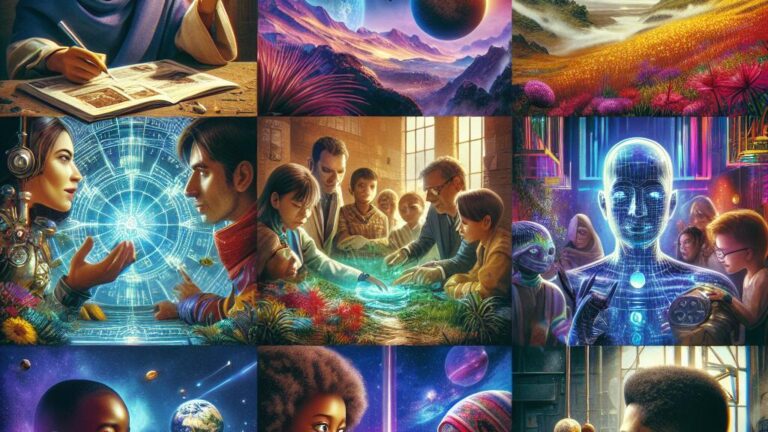Artistic Merit
Literature and books have endured the test of time due to their profound artistic merit. These works are a testament to exceptional writing and storytelling techniques that captivate readers of all ages and backgrounds. Authors who possess a mastery of language and narrative draw readers into richly crafted worlds, allowing them to experience a range of emotions and perspectives.
The artistic merit of literature lies in its ability to transcend mere words on a page. Well-crafted stories have the power to evoke deep emotions, challenge societal norms, and spark imagination. Through a combination of language, structure, and themes, literature invites readers to engage with complex ideas and reflect on the human experience in a way that is truly timeless.
Showcasing exceptional writing and storytelling techniques
Showcasing exceptional writing and storytelling techniques is a hallmark of timeless literature. Through vivid descriptions, well-developed characters, and intricate plot lines, writers captivate readers and transport them to different worlds. The ability to craft engaging narratives that resonate with readers is a skill that sets literature apart as an art form that endures the test of time.
Furthermore, the mastery of language and the creative use of literary devices elevate the quality of writing in timeless works. Authors who skillfully employ symbolism, foreshadowing, and other storytelling techniques create layers of meaning that enrich the reading experience. As readers immerse themselves in the words of these literary giants, they are not only entertained but also inspired by the artistry and craftsmanship displayed in the writing.
Influence on Society
Literature and books have always played a significant role in shaping societies worldwide. Through their narratives and characters, these works have the power to influence hearts and minds, sparking discussions and debates that often lead to societal change. By addressing themes ranging from social justice to political corruption, literature provokes readers to reflect on the world around them and contemplate the complexities of human behavior.
Moreover, the impact of literature on society extends beyond individual reflection to collective action. For centuries, books have been instrumental in mobilizing communities, inspiring movements, and challenging the status quo. Through the dissemination of ideas and perspectives, literature acts as a catalyst for social progress, motivating individuals to advocate for change and strive for a more equitable and just world.
Shaping opinions and sparking social change
In addition to shaping individual opinions, literature also has the power to ignite social change through its portrayal of relevant societal issues. By delving into controversial topics and challenging the status quo, authors can inspire readers to examine deeply rooted beliefs and consider alternative perspectives. Through the power of storytelling, literature has the ability to provoke discussions and advocate for social progress.
Books that address themes such as social injustice, discrimination, and political unrest have the potential to raise awareness and prompt action within society. Through empathetic character portrayals and compelling narratives, authors can encourage readers to reflect on the world around them and become agents of change. Literature serves as a catalyst for social movements by shedding light on pressing issues and mobilizing individuals to work towards a more inclusive and equitable future.
Interpretation and Analysis
When it comes to literature, interpretation and analysis play a crucial role in deepening our understanding of books and their underlying themes. Through careful examination of characters, plot development, and symbolism, readers are able to uncover layers of meaning that enrich the overall reading experience. The process of critically analyzing literary works encourages readers to think beyond the surface and delve into the complexities that authors craft within their stories.
By engaging in interpretation and analysis, readers are able to extract valuable insights from literature that can be applied to real-life situations. This analytical approach not only enhances one’s appreciation of the text but also fosters a sense of intellectual growth and development. Through thoughtful examination and reflection, readers are able to draw connections between the fictional worlds presented in books and the realities of their own lives, thereby enriching their overall reading experience.
Encouraging critical thinking and discourse
Encouraging critical thinking and discourse is a fundamental aspect of literature that has endured throughout history. Books have a unique ability to challenge readers to consider different perspectives, question societal norms, and engage in deeper thought. By presenting complex characters and intricate plots, literature prompts readers to reflect on human nature and the world around them. Through the analysis of themes and symbols, readers are encouraged to delve deeper into the layers of meaning within a text.
Furthermore, literature fosters intellectual discussions and debates among readers. By exploring varying interpretations of a piece of writing, individuals are able to broaden their understanding and develop their own insights. This process of analysis not only enhances critical thinking skills but also promotes dialogue and exchange of ideas. As readers engage in conversations about literature, they contribute to the vibrant tapestry of intellectual discourse, enriching their own perspectives and those of others.
Continual Relevance
Books and literature have the remarkable ability to maintain their relevance over time. Despite being written in different eras and contexts, many classic works continue to resonate with readers across generations. The themes, characters, and messages found in these timeless pieces of literature speak to universal truths and human experiences that transcend time and place. Through their enduring appeal, these works have secured a lasting place in the literary canon, enriching the lives of readers for centuries to come.
The continual relevance of literature also stems from its ability to address fundamental questions about the human condition. Whether exploring love, loss, power, or identity, literature provides readers with a mirror to reflect on their own lives and society. By delving into complex and timeless themes, books challenge readers to consider different perspectives and engage in critical thinking. This ongoing dialogue between the text and the reader ensures that literature remains a vital and dynamic force, influencing individuals and shaping societal values for generations.
Resonating with readers across generations
Literature possesses the remarkable ability to transcend time and resonate with readers across generations. Classic works such as Shakespeare’s plays, Austen’s novels, and Orwell’s dystopian visions continue to captivate audiences long after their initial publication. The themes explored in these texts, ranging from love and betrayal to power struggles and societal injustices, are timeless in nature, making them universally relatable to readers spanning different eras.
The emotional depth and human experiences depicted in these literary works evoke empathy and understanding among readers from diverse backgrounds. By delving into the complexities of the human condition, literature serves as a mirror reflecting the joys, sorrows, hopes, and fears that unite us all as individuals. As readers immerse themselves in the worlds created by authors long gone, they find solace in the universality of human emotions and the enduring relevance of the themes explored in these literary masterpieces.
FAQS
Why is literature considered timeless?
Literature is considered timeless because of its artistic merit, influence on society, and ability to continually resonate with readers across generations.
How does literature showcase exceptional writing and storytelling techniques?
Literature showcases exceptional writing and storytelling techniques through the way authors craft their narratives, develop characters, and evoke emotions in readers.
How does literature shape opinions and spark social change?
Literature shapes opinions and sparks social change by addressing important societal issues, challenging the status quo, and inspiring readers to think critically about the world around them.
How does literature encourage critical thinking and discourse?
Literature encourages critical thinking and discourse by presenting complex ideas, perspectives, and themes that prompt readers to analyze, evaluate, and engage in discussions about the text.
Why does literature have continual relevance?
Literature has continual relevance because it addresses universal themes and emotions that are relatable to people of all ages and backgrounds, allowing it to resonate with readers across generations.







